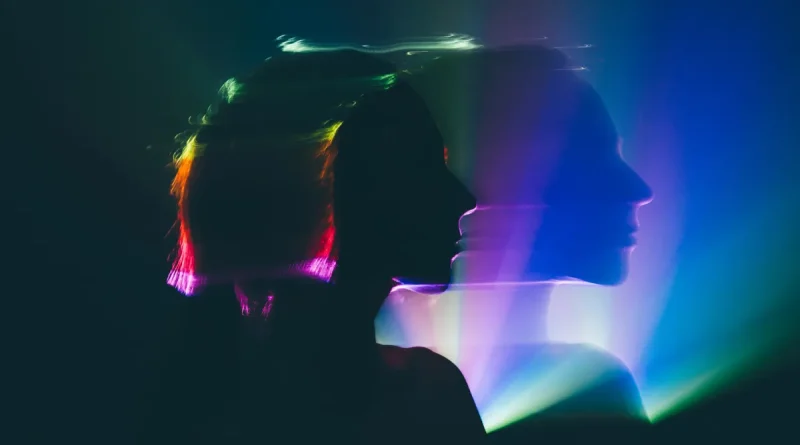While defaming the deceased is not possible, it doesn’t excuse the creation of deepfakes featuring them.
Zelda Williams, the daughter of beloved late actor Robin Williams, has expressed a moving message to her father’s fans.
“I respectfully request that everyone cease sending me AI-generated videos of my dad. Please don’t presume I want to see these or that I’ll value them. I don’t, and I won’t,” she stated in an Instagram story on Monday. “If you have any regard for him, for me, and for everyone else, please put an end to this. It’s pointless and a waste of time and effort—trust me, it’s NOT something he would have desired.”
Her message likely follows the release of OpenAI’s Sora 2 video model and the Sora social app, which empowers users to create hyper-realistic deepfakes of themselves, friends, and certain animated characters.
The technology also permits the generation of deepfakes of individuals who have passed away, as there are no legal ramifications for defaming the deceased, according to the Student Press Law Center.

Sora restricts the creation of videos with living individuals unless it’s your own likeness or a friend who has consented (referred to as a “cameo” by OpenAI). However, these rules do not apply to those who have passed away, allowing their images to be created with minimal restrictions. The app, which is still invite-only, is flooded with deepfake videos of historical figures like Martin Luther King Jr., Franklin D. Roosevelt, and Richard Nixon, as well as late celebrities such as Bob Ross, John Lennon, Alex Trebek, and Robin Williams.
It remains uncertain where OpenAI defines the boundaries on generating videos of deceased individuals. For example, while Sora 2 has produced videos featuring Robin Williams, who died in 2014, it has refrained from making content of former President Jimmy Carter, who passed away in 2024, or Michael Jackson, who passed in 2009, based on trials conducted by TechCrunch. Additionally, OpenAI’s cameo feature allows users to set stipulations for their appearances in videos created by others, responding to earlier criticisms of Sora; however, no such options exist for the deceased. One can only speculate how Richard Nixon would react upon discovering a deepfake of him advocating for police abolition.

TechCrunch reached out to OpenAI for clarity on the ethical implications of creating deepfakes of deceased individuals. However, it appears that producing deepfakes of celebrities like Williams may align with the company’s acceptable use policies, as legal precedents suggest they likely wouldn’t be liable for defaming the deceased.
Techcrunch event
San Francisco
|
October 27-29, 2025
“It’s maddening to witness the legacies of real individuals diminished to ‘this vaguely resembles them, so that’s adequate,’ for the sake of others generating trivial TikTok content that misrepresents them,” Williams noted.
Critics of OpenAI claim the organization is being irresponsible in such matters, evident as Sora became quickly filled with AI-generated clips of protected characters like Peter Griffin and Pikachu following its release. CEO Sam Altman initially suggested that Hollywood studios and agencies would need to opt out if they wished to prevent their intellectual property from being part of Sora-generated videos. The Motion Picture Association has already urged OpenAI to tackle this issue, asserting that “well-established copyright law protects the rights of creators and applies in this context.” Altman later announced that the company would revise this position.
Sora is arguably the most hazardous deepfake-capable AI model available to the public today, given the realistic quality of its outputs. Other platforms, like xAI, are not as advanced but have even fewer restrictions than Sora, which allows for the creation of pornographic deepfakes of real individuals. As other companies catch up to OpenAI, we risk establishing a frightening precedent if we keep treating real people—both living and deceased—as our personal playthings.



